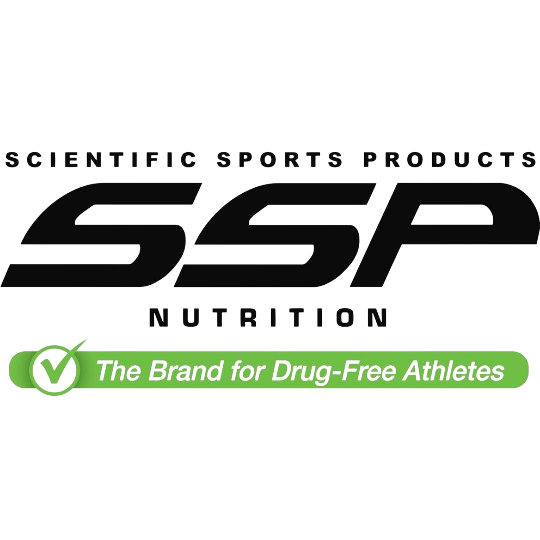
complete article: https://ods.od.nih.gov/factsheets/ExerciseAndAthle...
Several surveys have indicated the extent of dietary supplement use to enhance exercise and athletic performance:
A survey of 1,248 students aged 16 years or older in five U.S. colleges and universities found that 66% reported use of any dietary supplement. The reasons for use included:
- Enhanced muscle strength
- Performance enhancement
- Increased endurance
Both National and International studies show the most common products taken for these purposes included:
- Protein
- Amino acids
- Caffeine
- Creatine
- Combination of products
Learn Why SSP Incorporates All Of These Ingredients In "THE SYSTEM", Certified Drug Free By BSCG: Http://Www.Sspnutrition.Com/Products/The-System-By...

Press Release: SSP Certified Drug Free
Products: http://www.sspnutrition.com/blog/ssp-nutrition-sup...
In a national survey of about 21,000 U.S. college athletes, respondents reported taking protein products (41.7%), energy drinks and shots (28.6%), creatine (14.0%), amino acids (12.1%), multivitamins with caffeine (5.7%), beta-hydroxy-beta-methylbutyrate (HMB; 0.2%), dehydroepiandrosterone (DHEA; 0.1%), and an unspecified mix of “testosterone boosters” (1.6%) [6]. Men were much more likely to take performance-enhancing products than women, except for energy drinks and shots. Among the sports with the highest percentage of users of performance-enhancing products were ice hockey, wrestling, and baseball among the men and volleyball, swimming, and ice hockey among the women.
In a review of studies on adolescent use of performance-enhancing substances, the American Academy of Pediatrics concluded that protein, creatine, and caffeine were the most commonly used ingredients and that use increased with age [7]. Although athletes used these ingredients more than nonathletes, teenagers not involved in organized athletic activities often took them to enhance their appearance.
A survey of 106,698 U.S. military personnel in 2007–2008 found that 22.8% of the men and 5.3% of the women reported using bodybuilding supplements, such as creatine and amino acids, and 40.5% of the men and 35.5% of the women reported using energy supplements that might contain caffeine and/or energy-enhancing herbs [8]. Use of these products was positively associated with deployment to combat situations, being younger than 29 years, being physically active, and reporting 5 or fewer hours of sleep a night.
It is difficult to make generalizations about the extent of dietary supplement use by athletes because the studies on this topic are heterogeneous. But the data suggest that [9]:
For any individual to physically perform at his or her best, a nutritionally adequate diet and sufficient hydration are critical. The Dietary Guidelines for Americans [10] and MyPlate [11] recommend such an eating plan for everyone. Athletes require adequate daily amounts of calories, fluids, carbohydrates (to maintain blood glucose levels and replace muscle glycogen; typically 1.4 to 4.5 g/lb body weight [3 to 10 g/kg body weight]), protein (0.55 to 0.9 g/lb body weight [1.2 to 2.0 g/kg body weight]), fat (20% to 35% of total calories), and vitamins and minerals [12].
complete article: https://ods.od.nih.gov/factsheets/ExerciseAndAthle...


Contact form
EMAIL US
www.sspnutrirtion.com